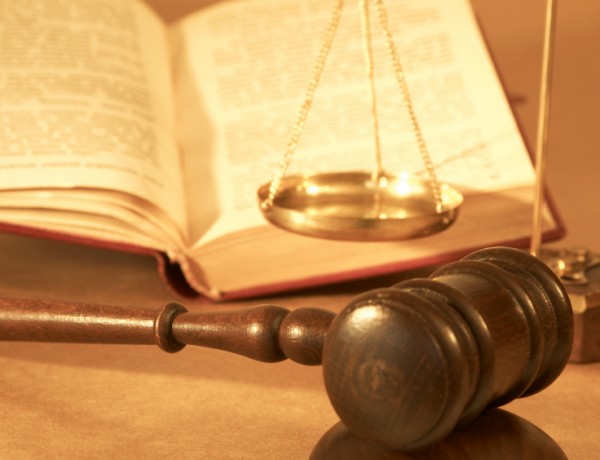One of the most discouraging things to encounter in personal injury law is where you endure a lengthy litigation process and even obtain a successful verdict at trial, only for the defendant to turn around and declare bankruptcy in an attempt to discharge your judgment and force you to walk away with nothing.
In situations where the defendant you have filed suit against has no insurance money backing them up, this is a realistic fear that everyone in every area of civil litigation — personal injury, commercial litigation, employment law, or anything — has to at least confront.
As you can see, this has the potential for some very unfair results, and fortunately, there are federal bankruptcy laws in place that prevent a great number of debts from being discharged in a bankruptcy proceeding.
Let’s say, for instance, you have the great misfortune of being involved in an auto accident where you are struck, and injured, by a drunk driver. After the other driver goes through the rigorous process in criminal court that follows after being arrested for driving while intoxicated, you file suit to recover for your injuries and win a verdict at trial against the other driver, only to see him declare bankruptcy and try to discharge your debt in the process.
Fortunately for you, there are two federal laws right on point that stop this driver from getting away with discharging your debt. 11 U.S.C. 523(a)(9) specifically prevents debts arising from intoxicated driving from discharge in bankruptcy, in providing that:
(a) A discharge under section 727, 1141, 1228(a), 1228(b), or 1328(b) of this title does not discharge an individual debtor from any debt–
(9) for death or personal injury caused by the debtor’s operation of motor vehicle if such operation was unlawful because the debtor was intoxicated from using alcohol, a drug, or another substance.
It is also worth noting that Section (a)(6) similarly provides that a debt is not dischargeable in bankruptcy:
(6) for willful and malicious injury by the debtor to another entity or to the property of another entity
So this, then, would also bring the damage to your car in our hypothetical drunk driving accident outside the realm of claims that can be discharged in bankruptcy.
This is the issue that the United States Bankruptcy Court for the Northern District of Illinois (the court that handles bankruptcy filings in Chicago and the surrounding areas) addressed in the case captioned In re Tyler, where a motorist that had been struck while attempting to put gas in his car on the side of the road attempted to ensure that the drunk driver that struck him could not discharge the debt. In siding with the injured plaintiff, the court looked at the statute and gave a detailed analysis of Congress’s intent in including this provision in the bankruptcy code, citing Congress’s:
“direction to make the analysis that Congress did intend, and the provisions of the code by clear and unambiguous language do provide, that bankruptcy courts may enter judgments that debts of a drunk driver for injuries to his victims are nondischargeable.”
In re Tyler, 98 B.R. 396, 399 (N. D. Ill. 1989).
Being injured in an auto accident is a terrible situation to be involved in – one that is only made worse when alcohol is involved. However, one should still take comfort that even if this situation does happen to them, the law does not permit the party at fault to turn around, declare bankruptcy, and act as though the damages they caused don’t exist.
You can contact us here 24/7/365 (and we really mean that as we will answer our phone) if you have any questions and to learn how we may be able to help you in the unfortunate event of an accident that caused you or your family or friends injuries – in particular, you will find that we listen, take your phone calls and e-mails (and even text messages!).
We would be honored to help you with your matters – large or small.
Call me today at 312-888-6058 and find out what almost two decades of legal experience can do for YOU!


